For some event planners, promoting their event can be more stressful and difficult than actually planning the event itself. Creating an event has tangible goals that need to be met and timeframes that need to be followed, whereas promoting the event is much more nebulous.
It’s easy to spend too much time or money on event promotion in an attempt to spread the word. Raising awareness of your event doesn’t have to be hard or expensive if you know the right tools and techniques to use. If you’re stressed about promoting your event, consider using some of these free tools.
Facebook Events
A Facebook Event can be a powerful tool when used correctly. With so much data collection and user tracking built-in and no price tag, it makes sense to leverage the power of Facebook Event pages. They also allow you to easily extend your reach to people who wouldn’t otherwise hear about your event.
If you have an online ticketing site, check and see if there’s an option to integrate your ticket sales into a Facebook Event page. Doing this increases the chances of customers buying tickets to your event ahead of time.
Custom URL
It’s extremely likely that you’ll be creating a website for your event and that website will have its own URL. If your URL has long, jumbled mess of letters and numbers at the end, you could be missing out on an opportunity to increase traffic to your event website.
Look into options for customizing your URL for both your event website and any separate ticketing pages you use. You want to choose a URL that includes your event or organization name in as few letters as possible. Doing this will help make your event easier to promote and it may help your search engine indexing and rankings.
Personalized Emails
First and foremost, you want to use an email tool that adheres to today’s privacy regulations. If you don’t give your recipients the option to opt in and out at their leisure, it may show that your event isn’t truly attuned to your attendee’s needs.
There are plenty of email tools out there, many of which are entirely free or free to use up to a certain number of recipients. Regardless of which platform you choose, make sure it has customization options such as populating the recipient’s name in the subject line or including high-res images for no additional fee.
You also want to make sure you’re not spamming the same group of recipients over and over. Find creative ways to segment your recipient list based on demographic, location, age, interest, or previous purchase history. Being picky about who receives which campaigns and when can have a significant impact on the amount of opens and conversions your emails end up getting.
Tracking and Analytics
You should track almost every aspect of your marketing efforts. Viewing the performance of your campaigns can help you make adjustments if they’re not delivering the expected results. Tracking links can help you do this easily and effectively for free.
Google Analytics, Facebook, and specific registration and email platforms offer tracking options for free. You should be tracking where your ticket buyers come from at the very least so you can see which channels are performing the best and adjust as needed. You can also track important metrics that can help your promotional efforts such as page views, demographic, location, and where/when customers are leaving your event pages.
These small steps can help generate some serious buzz about your event without requiring that you use any of your budget. Once you’ve put all of these tools into use, you’ll start to see the buzz around your event grow and grow!


